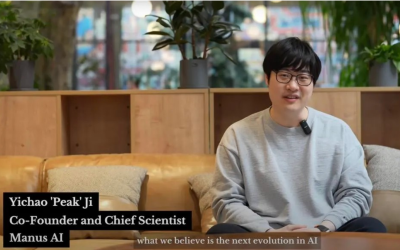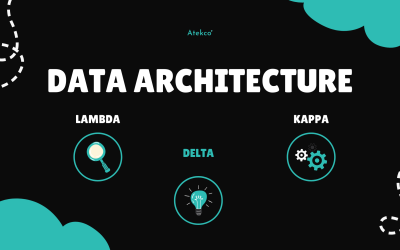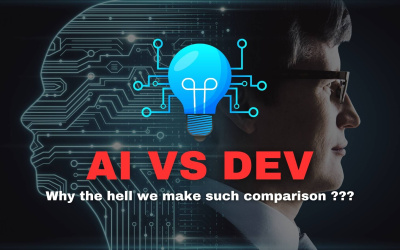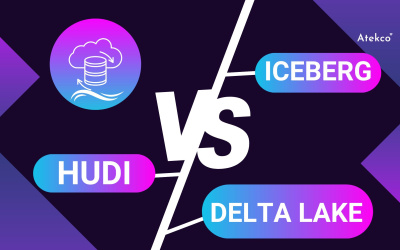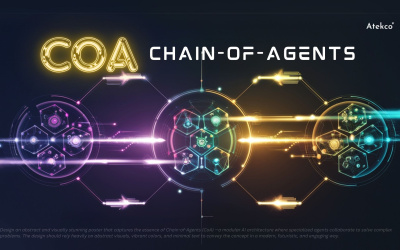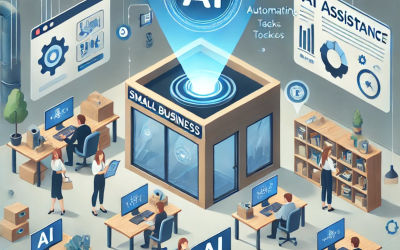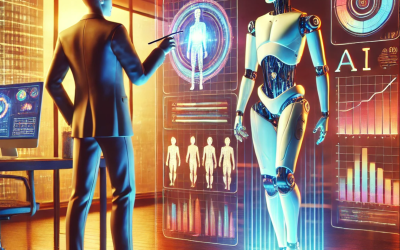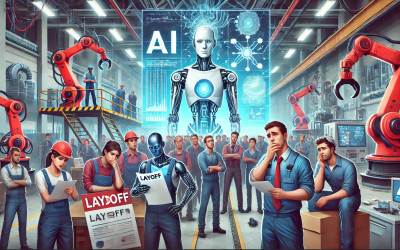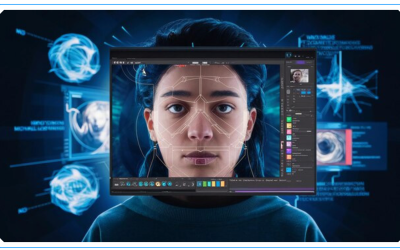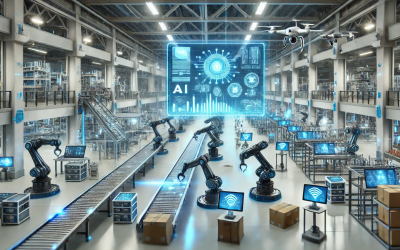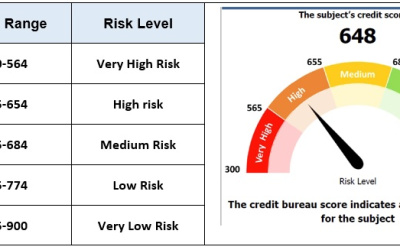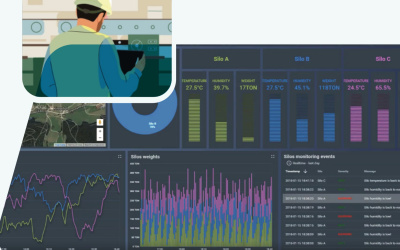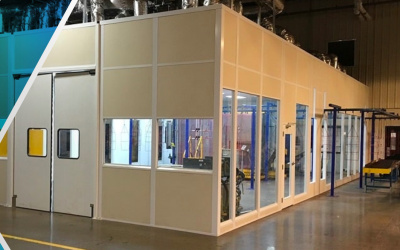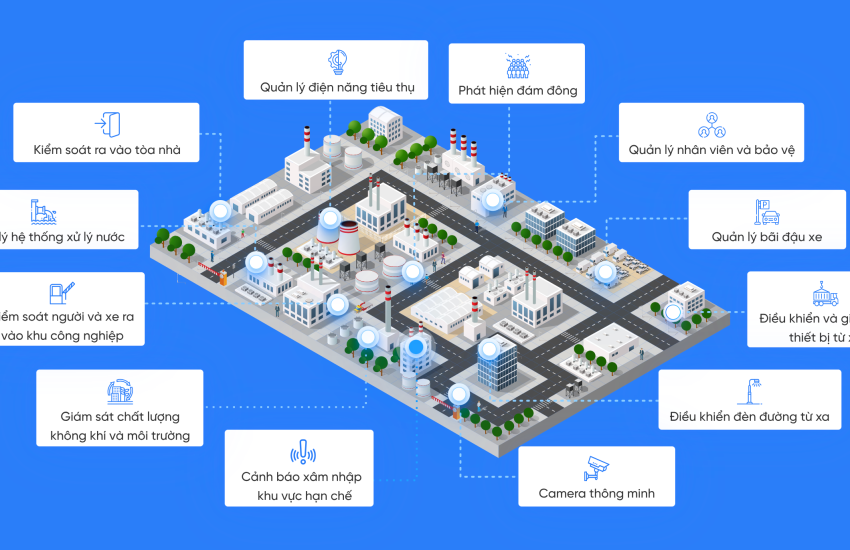
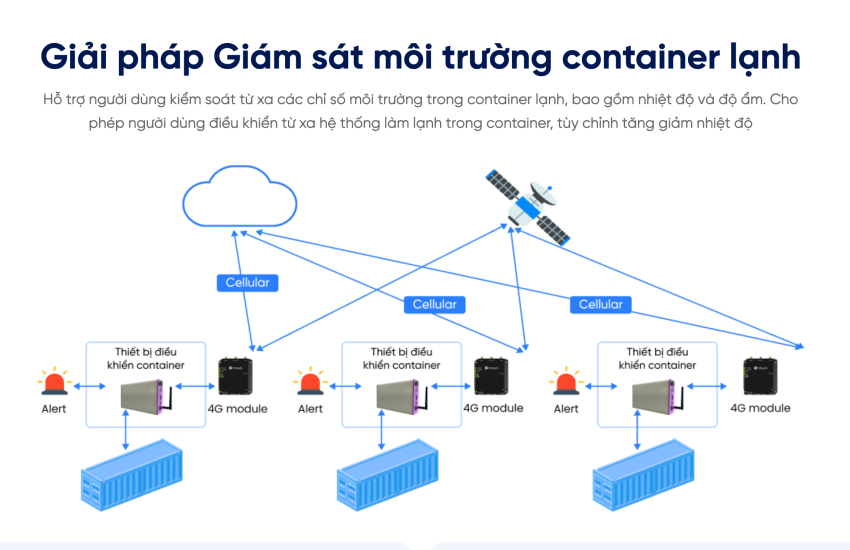
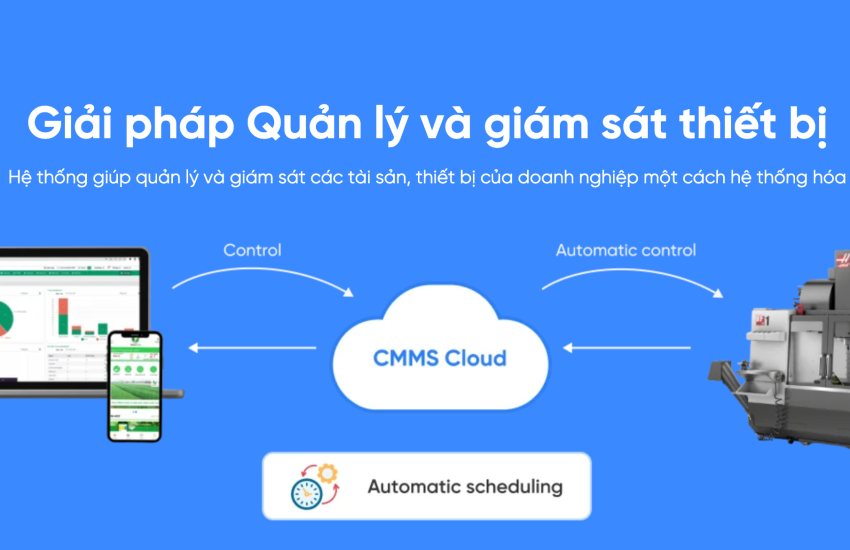
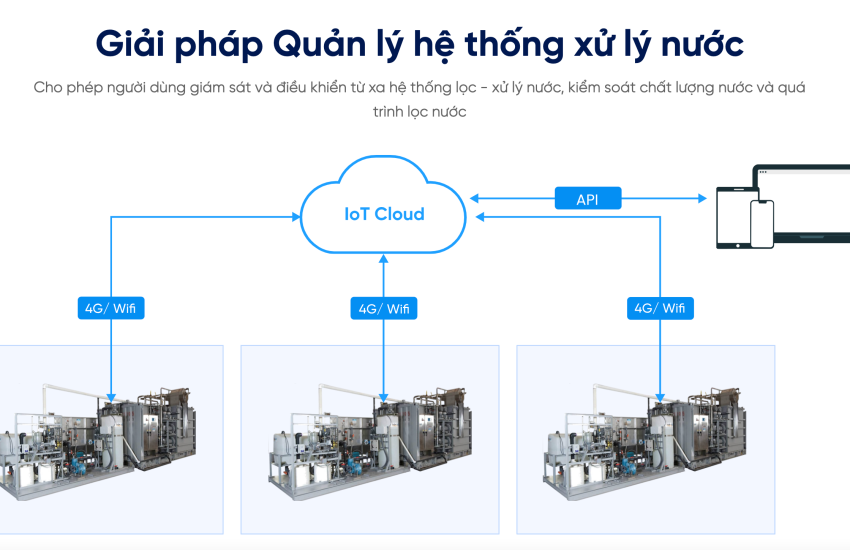
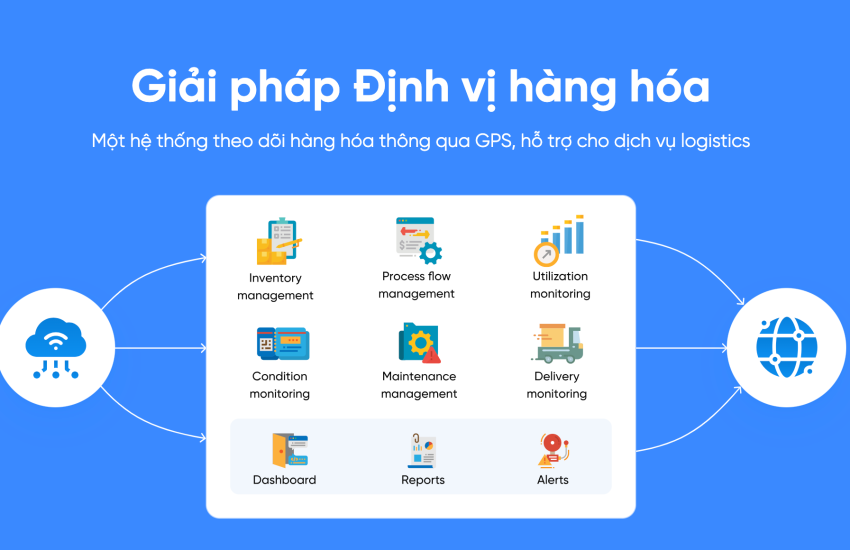
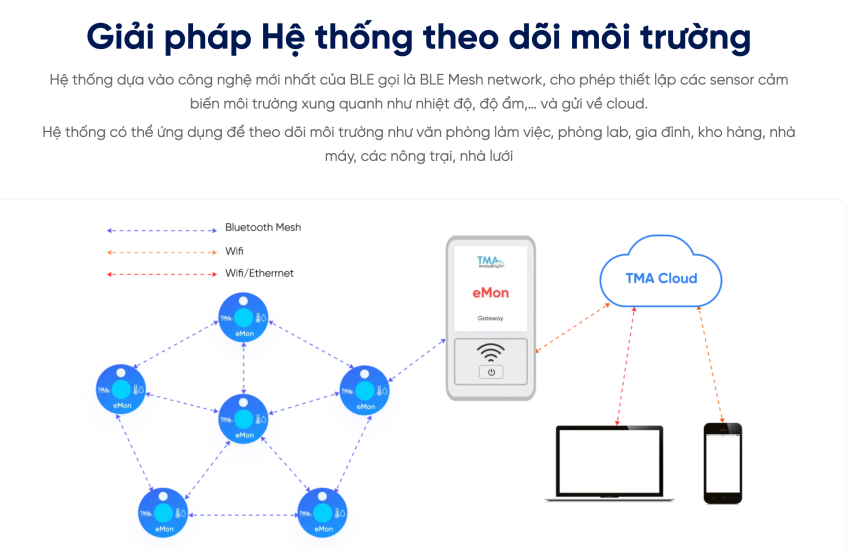
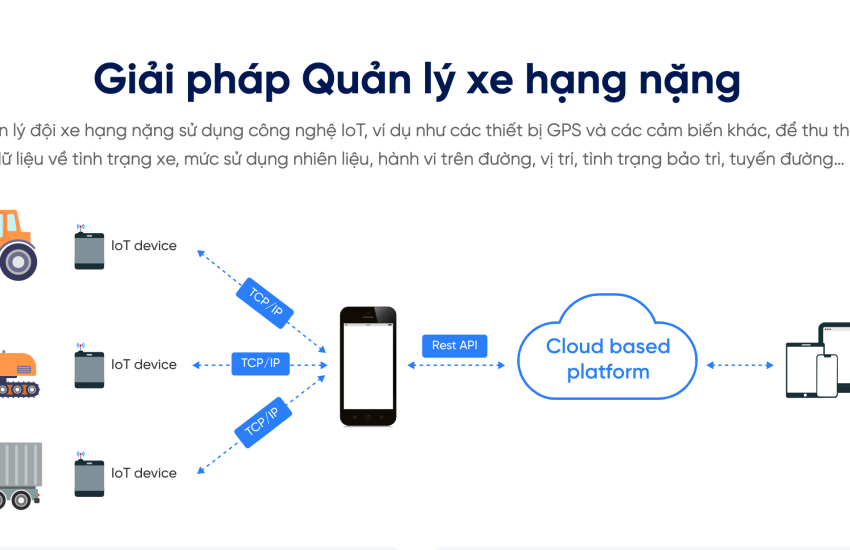
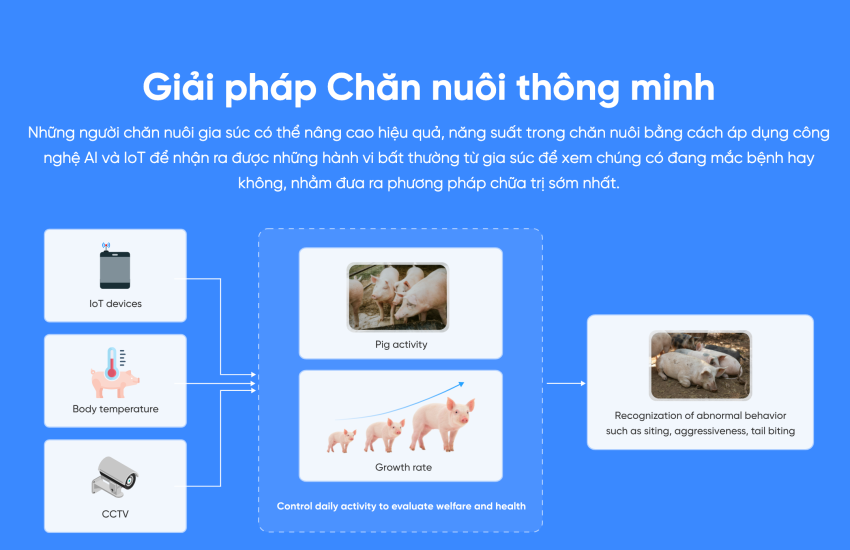
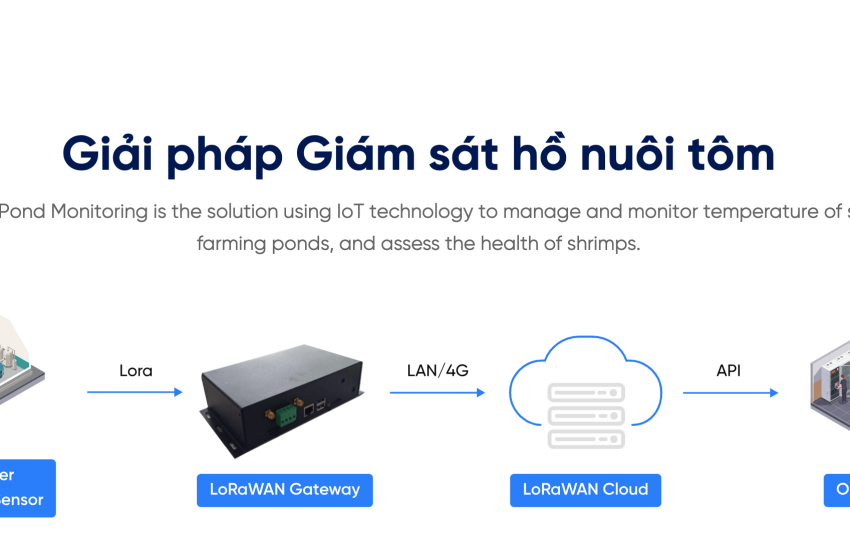
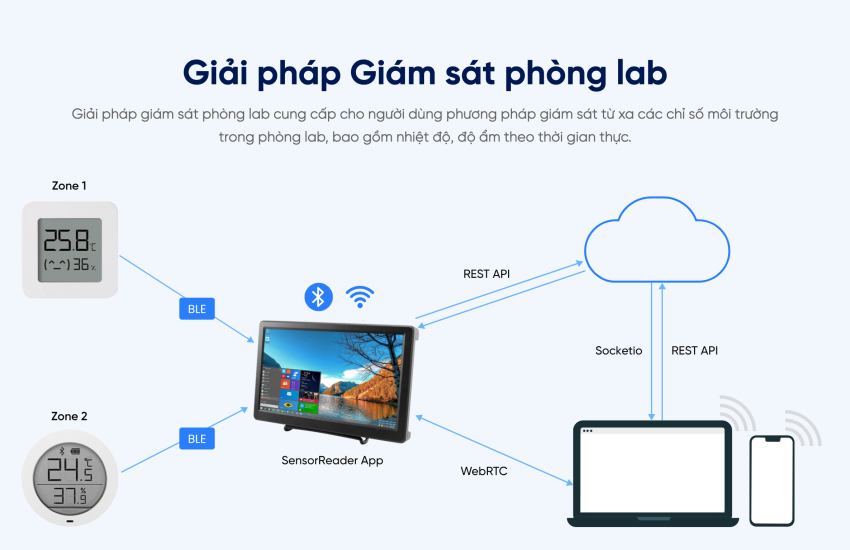
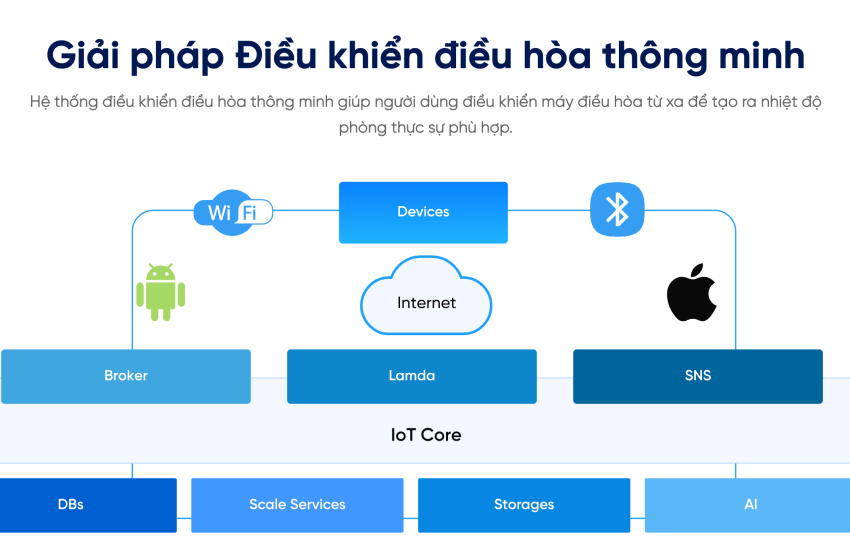
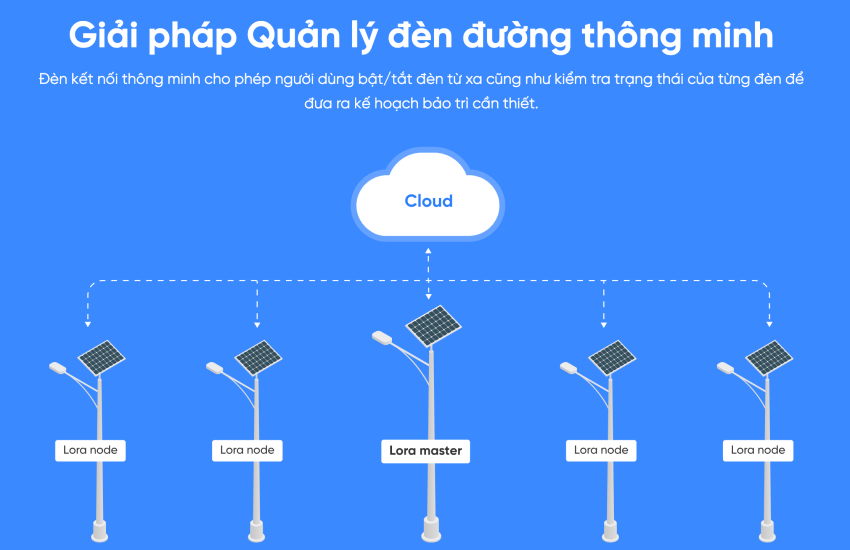
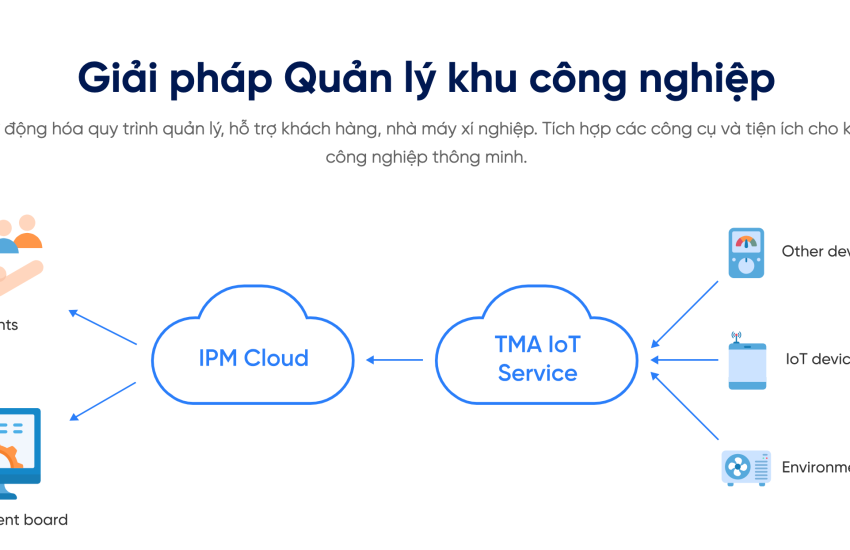
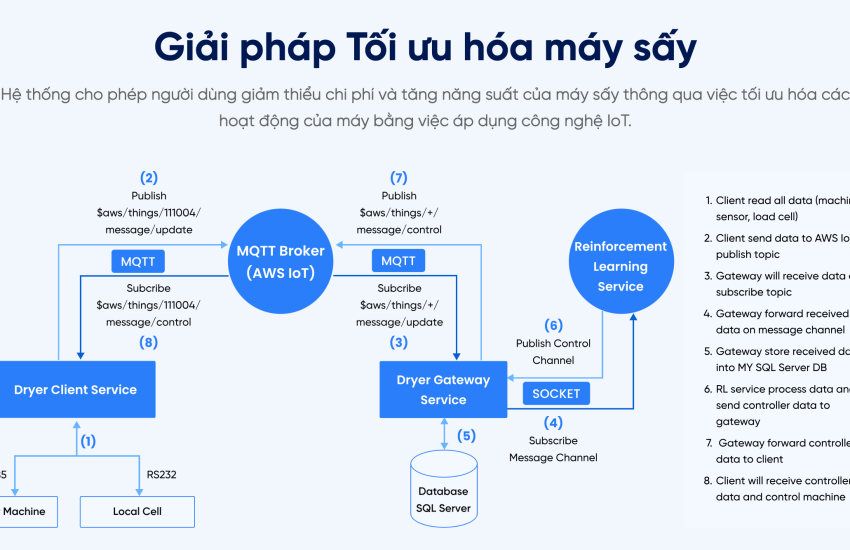
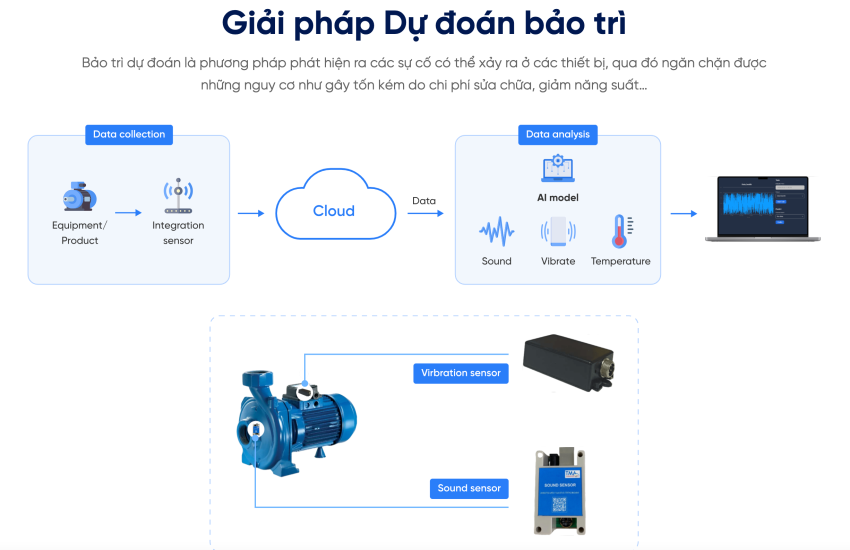
Shaping Tomorrow: An Introduction to AI-Enhanced Coding

The realm of AI-assisted software development aims to streamline the development process, reduce manual effort, and empower developers to focus on higher-level tasks such as architecture design, problem-solving, and innovation. While undeniably optimizing various facets of software development, there remain compelling reasons why AI assistance will never fully supplant the ingenuity of human software developers. In this piece, Bocasay, our offshore IT agency based in Vietnam, offers a comprehensive guide to the nuances of AI-assisted software development.
Understanding AI-Assisted Software Development AI-assisted software development involves integrating artificial intelligence (AI) techniques and tools into the software development process to enhance productivity, elevate code quality, automate repetitive tasks, and aid developers across various facets of their workflow.
This integration entails leveraging AI algorithms and machine learning models to analyze code, automate testing, generate code snippets, provide improvement suggestions, comprehend natural language requirements, optimize performance, and facilitate project management tasks.
Key Aspects of AI-Assisted Software Development A myriad of currently available AI-powered tools and techniques can aid software developers in several key areas:
- Code Generation: AI can aid in generating code snippets, functions, or entire modules based on specifications, requirements, or existing code patterns.
- Code Review and Quality Assurance: AI-powered tools can scrutinize code for potential bugs, security vulnerabilities, and adherence to coding standards, offering suggestions for enhancements.
- Automated Testing: AI algorithms can automate testing processes, generate test cases, identify edge cases, and analyze test results to enhance test coverage and efficacy.
- Code Optimization: AI techniques can analyze code performance and propose optimizations to enhance efficiency, reduce resource consumption, or improve scalability.
- Natural Language Processing (NLP): AI can interpret natural language requirements, user feedback, or documentation, facilitating better communication between developers and stakeholders.
- Project Management: AI tools can aid in project planning, resource allocation, and task prioritization by analyzing historical data, team dynamics, and project dependencies.
- Predictive Analytics: AI can leverage historical project data to predict potential issues, estimate development effort, and forecast project timelines more accurately.
- Code Refactoring: AI-powered tools can identify areas within codebases for refactoring, restructuring, or optimization to enhance maintainability and readability.
Benefits of AI-Assisted Software Development for Businesses AI-assisted software development offers businesses a range of benefits, including:
- Increased Productivity: AI-powered tools automate repetitive tasks, such as code generation and testing, allowing developers to focus on strategic activities, leading to faster development cycles and shorter time-to-market.
- Improved Code Quality: AI algorithms analyze code for bugs, security flaws, and adherence to coding standards, resulting in higher-quality code and reduced defects in production.
- Cost Savings: Automation of manual tasks and optimization of development processes reduce labor costs and improve operational efficiency, while early issue identification lowers software maintenance costs.
- Scalability and Flexibility: AI-powered tools can scale to handle increased workloads and adapt to changing requirements more efficiently than manual processes, enabling businesses to respond swiftly to market demands.
- Enhanced Customer Experience: Higher-quality software products delivered efficiently improve customer satisfaction, retention rates, and loyalty, driving business growth.
AI-Assisted Software Development vs. Human Software Developers While AI holds transformative potential and is reshaping industries, including software development, several factors make it unlikely to entirely replace human developers:
- Creativity and Innovation: AI lacks human creativity and innovative thinking, essential for problem-solving and conceptualization of new ideas.
- Contextual Understanding: Human developers bring contextual understanding and domain expertise to comprehend complex business requirements and user needs, areas where AI may struggle.
- Ethical and Social Considerations: Human developers navigate ethical dilemmas, considering privacy, security, and fairness, aspects beyond AI’s current capabilities.
- Adaptability and Learning: Human developers adapt to new technologies by continuously learning and evolving, a trait challenging for AI without significant labeled training data.
- Communication and Collaboration: Human developers possess communication skills and empathy essential for successful collaboration, areas where AI may fall short.
- Complex Decision Making: Human developers apply critical thinking to make complex decisions in uncertain environments, a challenge for AI algorithms.
In Conclusion While AI augments software developers’ capabilities, it’s unlikely to replace human creativity, intuition, and adaptability entirely. The future of software development likely entails collaboration between human developers and AI-powered tools, leveraging the strengths of both to build innovative, high-quality software solutions.
Do you seek a partner capable of delivering high-quality IT development for your company? Bocasay’s dedicated teams of developers provide cutting-edge software solutions worldwide. Reach out to discover how we can assist with your next project.








